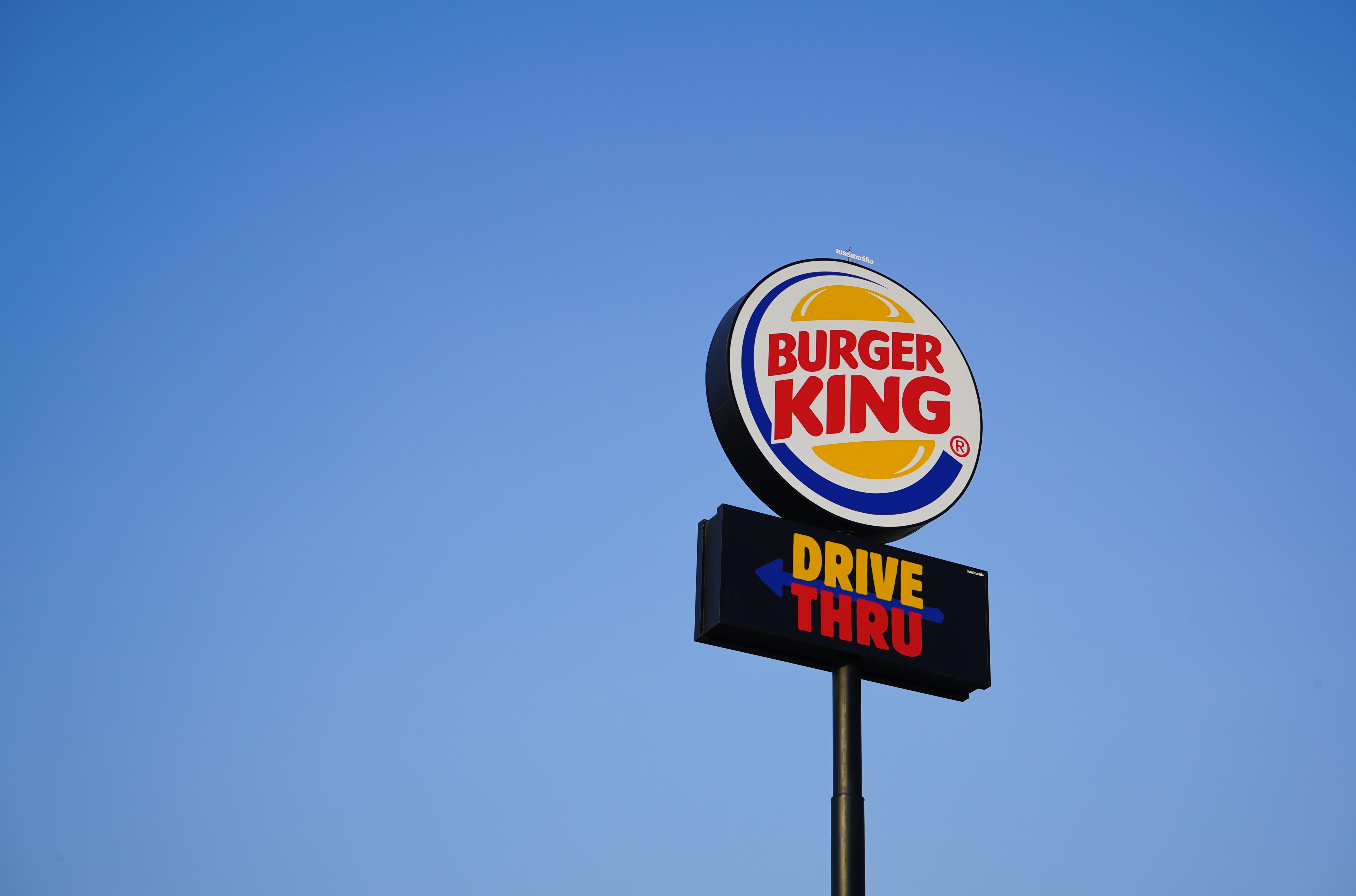
Brazilian cooking doesn’t shy away from meat: visit a churrascaria and expect the choicest barbecued steaks on offer. Now, the country is turning to a new kind of meat-eating experience. Burger King Brazil is expanding at a rapid rate through the country, attracting customers with its easy service and low price point.
Burger King has run franchised stores in Brazil since 2006, but the recent economic downturn has proved perversely beneficial for the company. It’s now dishing out whoppers at pace – a new Burger King franchise opens in Brazil every three to four days, as the CEO of BK Brasil, Iuri Miranda, said in a press release.
The chain gang
Foodservice consultant Marco Amatti FCSI, CEO of São Paolo-based MAPA Assessoria, points out the correlation between economic downturn and brand investment that let Burger King corner part of the Brazilian market. “Many chains were growing, but along with the economy decreased for a couple of years,” he explains, “but since then the opportunities of falling prices in real estate and acquisition allowed some brands to invest.”
Alongside Burger King, other North American chains Taco Bell and KFC invested in Brazilian branches at a similar time.
That said, only 10% of Brazil’s foodservice industry is currently made up of chains. Consultant Raoni Saade FCSI, also of MAPA Assessoria, foresees that number growing. “Brazil is a large country, with large dimensions,” he points out. “I see the great focus of [the new franchises] are in cities with more than 100,000 people.” Indeed, the vast Brazilian market is warming to the low-cost, convenient food.
Saade is clear that the price point of Burger King’s offerings is a major factor in the appeal to customers. “In restaurants, the base cost is $10,” he reasons, “and these restaurants offer options from $4 with a drink.” It’s prompted a new habit among Brazilians, he says, of having a sandwich in place of a larger meal.
Spend trend?
Brazil went through the worst recession on its record from mid 2014 to early 2017, one that coincided with political turmoil in the country. Now in early stages of economic recovery, the rise of franchises like Burger King may still point to consumers being wary of spending more than necessary on eating out.
As food trends go, though, both Amatti and Saade foresee a lasting future for fast food in Brazil as the market opens up to them. Saade mentions in particular the appeal of ‘DIY’ fast food, with customisable options and meal combinations.
Fast food, with its low-cost appeal and convenient approach to customisable food, could grow even more in Brazilian markets in the years to come.
Frances Ball
